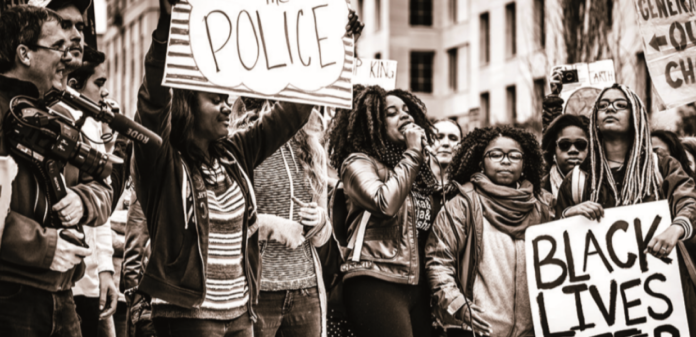Author: Robbie Shilliam
Affiliation: Johns Hopkins University
Organization/Publisher: Foreign Policy
Date/Place: June 23, 2020/USA
Type of Literature: Argument
Word Count: 1460
Link: https://foreignpolicy.com/2020/06/23/racism-ir-international-relations-domestic/
Keywords: International Relations, USA, Racism, Afro-Americans, Black Lives Matter
Brief:
The author urges International Relations scholars to recognize the effect of racism on current global matters, as can be seen in the example of the Black Lives Matter protests around the globe, and emphasizes not to treat racism “solely” as a domestic issue. However, the exploration of race was not always foreign to IR: until the Second World War, race and imperial administration were closely linked together to maintain the White rule over nonwhite indigenous people. The roots for the Black Lives Matter movement can be traced back to Black intellectuals, movements, and organizations in the USA around the beginning of the 20th century, who regarded racism as a global issue which needed a global solution. At the end of the Second World War and with the foundation of the United Nations in 1945, there was hope on the horizon for many Black Americans. In 1951, the International Labor Defense, the National Negro Congress, and the National Federation for Constitutional Liberties—a triad of left-leaning groups—gathered in Detroit to establish the Civil Rights Congress and to present documented cases of racial violence with the intention to charge the United States with genocide at the Paris General Assembly of the UN. Nonetheless, Black Americans did not wait for the state to act: Malcolm X created the Organization of Afro-American Unity, inspired by the inauguration of the Organization of African Unity in 1963, to demand Black freedom within the frame of international human rights and to confront apartheid South Africa. The post-Cold War geopolitics created a “counter insurgency” in the US where “strategies and militarized policing” targeted mainly poor and Black citizens. The author concludes that these connections are important to show that racism should be treated as both a domestic and a foreign-policy issue.
By: Dilek Yücel-Kamadan, CIGA Research Associate




